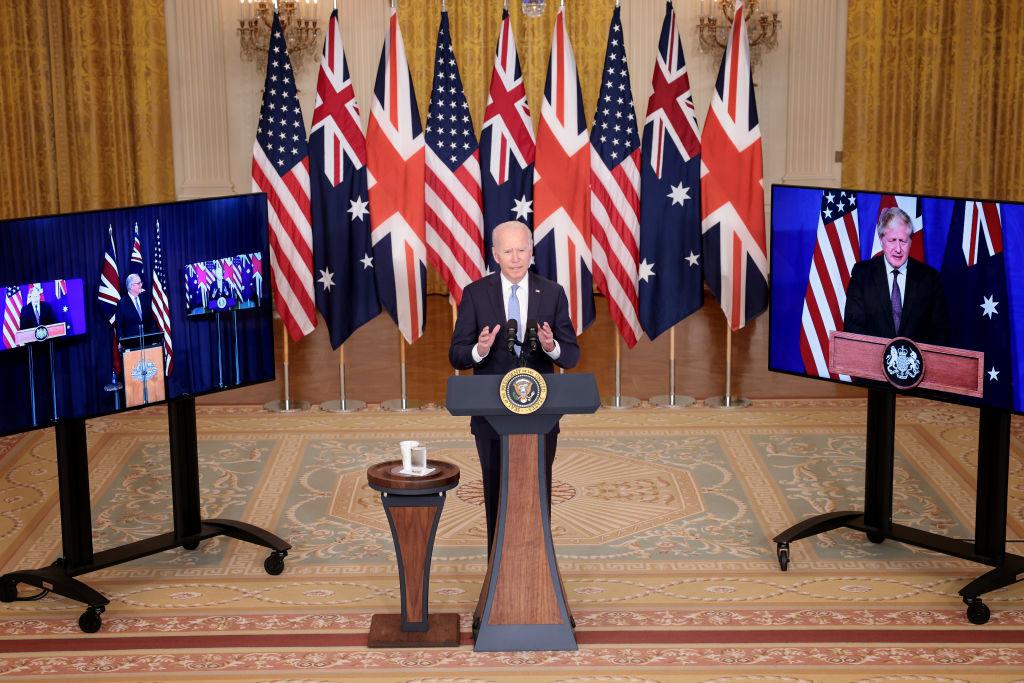Former Australian Prime Minister Tony Abbott has called the newly announced trilateral security partnership between Australia, the United States, and the United Kingdom “historic and important.”
“Historic because it overturns decades of strategic caution and announces to the world that we take national security seriously,” he said in a statement on Twitter on Sept. 16.





